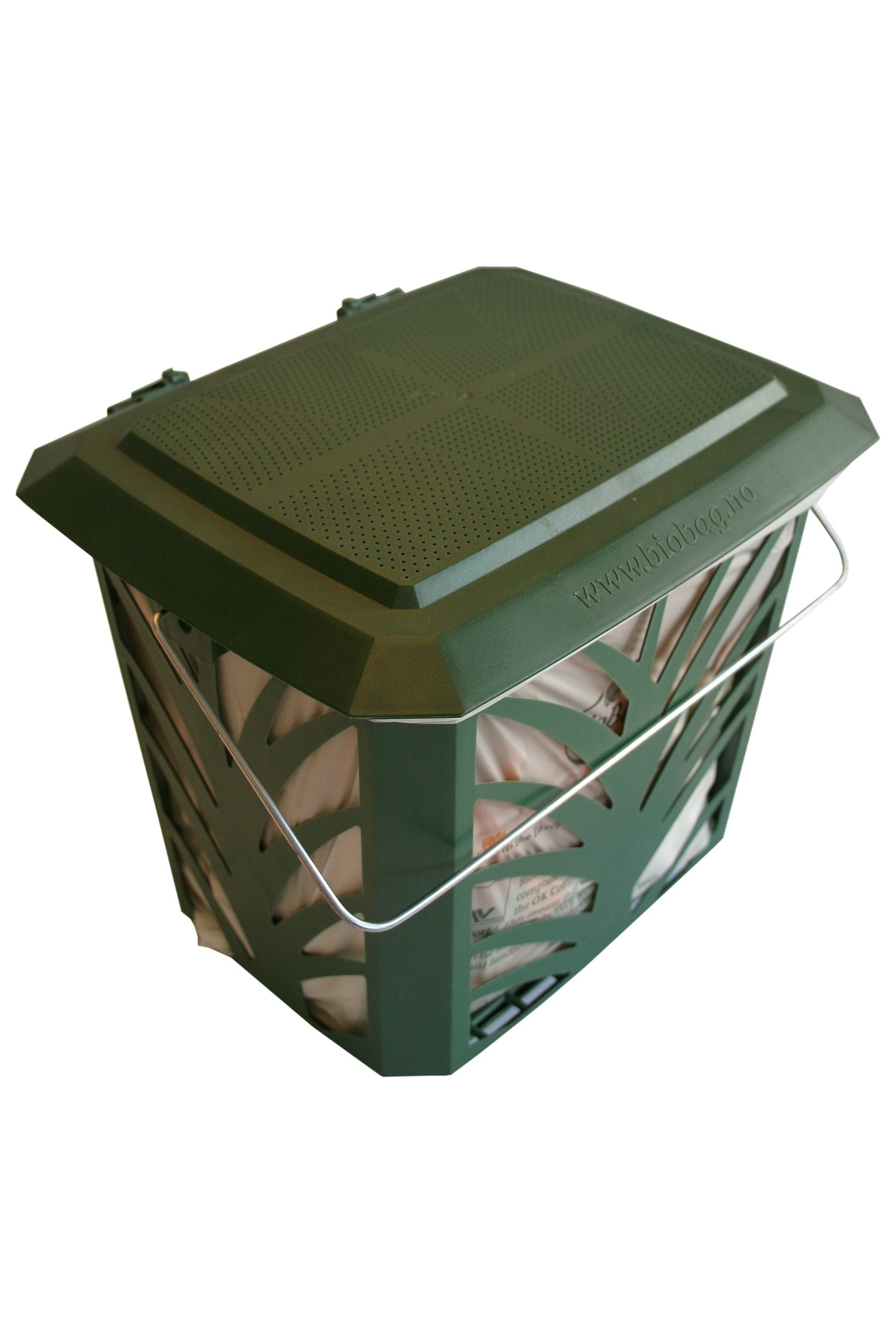Introduction to the Compost System
Composting is the natural process of recycling organic matter, such as food scraps and yard waste, into a valuable soil amendment known as compost. This process involves the decomposition of materials by microorganisms, including bacteria, fungi, and larger organisms like earthworms, transforming what would otherwise be waste into a rich nutrient source for plants. A compost system can be established in various settings, from home gardens to large-scale agricultural operations, highlighting its versatility and relevance.
The creation of compost involves a combination of carbon-rich materials, often referred to as “browns,” and nitrogen-rich materials, known as “greens.” Browns include items like dry leaves, straw, and cardboard, while greens consist of fruit and vegetable scraps, coffee grounds, and grass clippings. The balance between these two types of materials is crucial for effective composting, as it influences the breakdown process and the resulting nutrient profile of the compost. Additional elements such as moisture, aeration, and temperature play important roles in facilitating decomposition.
Implementing a compost system brings numerous environmental benefits, primarily by reducing the amount of organic waste sent to landfills. This, in turn, lessens greenhouse gas emissions, as decomposing organic material in landfills produces methane, a potent greenhouse gas. Moreover, compost enriches soil health by improving its structure, water retention, and nutrient availability, fostering a healthier environment for plant growth.
In educational settings, a compost system serves as an invaluable hands-on learning tool. It provides students with practical experience in sustainability, environmental science, and biology, encouraging them to engage with the processes of nature. The establishment of a composting system in schools or community projects not only educates individuals about waste management but also fosters a sense of responsibility towards the environment. By integrating such systems into curricula, the idea of transforming waste into wisdom becomes a pervasive and actionable goal.
Integrating Science Lessons with Composting
Educators play a pivotal role in transforming waste management into a valuable educational experience through composting systems. By integrating composting into the curriculum, teachers can present an interactive science lesson that engages students with key principles of environmental science. The composting process exemplifies significant scientific concepts, including decomposition, ecosystems, and the nitrogen cycle.
Decomposition, the process by which organic matter breaks down, offers a tangible way for students to observe how materials break down over time. By adding kitchen scraps and yard waste to the compost system, students can monitor the changes that occur, learning about the roles of decomposers such as bacteria and fungi in this cycle. Teachers can enhance this exploration by encouraging students to document their findings and engage in discussions about the factors that affect decomposition rates, such as temperature, moisture, and aeration.
Composting also introduces students to important ecological principles. Through activities such as creating a balanced compost mixture, students can investigate the intricacies of ecosystems by examining how various materials interact within the compost system. This engagement leads to a deeper understanding of biodiversity and the interdependence of living organisms. Additionally, the nitrogen cycle can be explored by focusing on how composting contributes nutrients back to the soil, prompting discussions about plant growth and soil health.
To further enrich the learning experience, educators can develop experiments that involve hypothesis formulation and data analysis. For instance, students can compare the composting rates of different organic materials, investigating how variables like particle size or moisture levels impact the speed of decomposition. This hands-on approach not only aligns with curriculum standards but also instills a sense of responsibility towards waste management and environmental stewardship in students.
Seasonal Changes and Their Impact on Composting
As the seasons shift from summer to fall, the dynamics of composting undergo noteworthy changes that can be leveraged for educational purposes. The fall season, characterized by cooler temperatures and an abundance of fallen leaves, presents a unique opportunity to explore the scientific principles of composting with students. Understanding these seasonal changes can enhance the learning experience, providing valuable insights into the factors that influence the composting process.
During the fall, as temperatures begin to drop, the rate of microbial activity within the compost pile is affected. Microorganisms that break down organic matter thrive in a specific temperature range, and cooler weather can slow down their activity. This presents an opportunity to teach students about the biological processes involved in decomposition and how temperature fluctuations can impact composting efficiency. Students can monitor the temperature of the pile, thus drawing connections between environmental factors and composting dynamics.
In addition to temperature, falling leaves are a significant component of fall composting. These leaves can be an excellent source of carbon, a crucial ingredient in the composting process. Educators can guide students in recognizing the importance of balancing carbon-rich “browns” with nitrogen-rich “greens” to create an effective compost mixture. Other suitable materials to add during this season include fruit and vegetable scraps, as well as grass clippings. Engaging students in collecting and adding these materials can foster a sense of ownership and responsibility over the composting project.
Moreover, incorporating lessons on how to manage the compost pile during varying weather conditions can deepen students’ understanding of environmental science. For example, in wetter conditions, the pile may require aeration to prevent anaerobic decomposition. Observing such aspects allows students to engage with the composting process critically, fostering a sense of curiosity and encouraging ongoing observation and learning.
Educational Outcomes: Skills and Knowledge Gained
The compost project serves as an exemplary model of experiential learning, fostering a range of educational outcomes among students. One of the most significant skills developed through this initiative is teamwork. As students engage in the process of constructing and maintaining the compost system, they learn to collaborate effectively. Assigning roles and responsibilities not only promotes communication but also enhances their ability to work toward a common goal, key aspects of any successful group project.
Responsibility is another fundamental skill that emerges during the composting experience. By taking charge of various tasks—such as monitoring moisture levels or turning the compost pile—students gain a sense of ownership over their actions. This sense of accountability extends beyond the compost project, encouraging participants to apply the same level of diligence in other areas of their studies and everyday lives.
Furthermore, the compost system provides an avenue for students to delve into scientific inquiry. As they observe the decomposition process, they pose questions about the roles of microorganisms and the essential conditions for successful composting. This promotes critical thinking as they hypothesize, experiment, and draw conclusions based on their findings. Such scientific exploration deepens their understanding of environmental science concepts, including the nitrogen cycle, soil health, and the ecological impact of organic waste.
Alongside these skills, students develop a greater awareness of sustainable practices and the significance of waste reduction. By participating in the composting process, they learn how organic waste contributes to landfill overflow, prompting discussions about waste management strategies. Testimonials from teachers reveal that students exhibit increased enthusiasm for environmental stewardship and sustainable living. Overall, the compost project provides a multifaceted educational experience, enriching students’ knowledge while equipping them with critical life skills.
If you’re interested in purchasing the item you seek, please click the link for additional details: #americanachoice.
https://amzn.to/3SBN3Oy
AFFILIATE DISCLOSURE: I am an affiliate for this company, I am not a paid employee.
I may receive a commission if you click a link on this page and choose to purchase something.
You can rest assured I will only share things I believe in and will be valuable to you.



